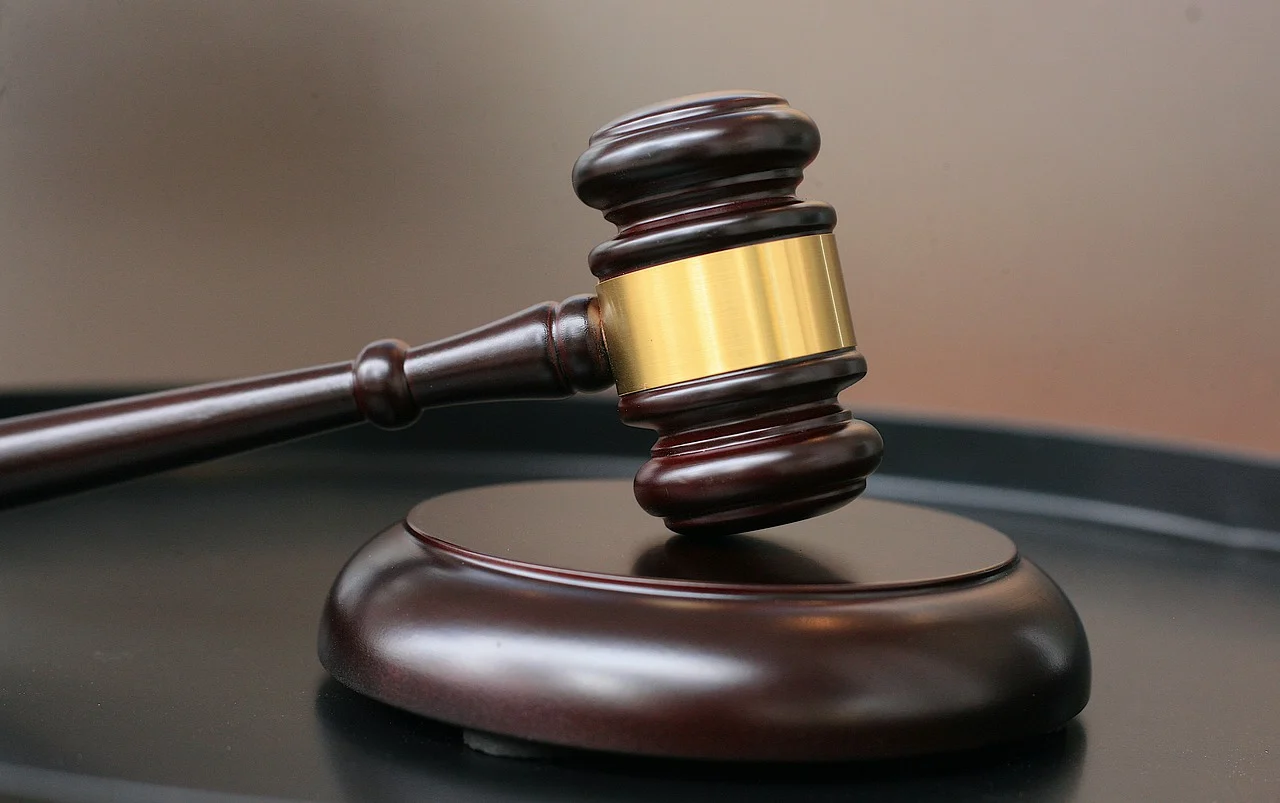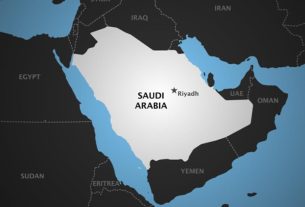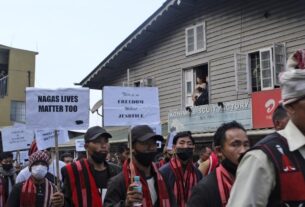In a notable legal development, the Ekiti State Magistrate Court has granted bail to prominent human rights lawyer, Dele Farotimi, following his detention in connection with charges of defamation. Farotimi, a vocal advocate for civil rights in Nigeria, was arrested earlier this week after making statements that allegedly defamed public figures, including Chief Aare Afe Babalola, a respected legal luminary and founder of Afe Babalola University.
Background of the Case
Farotimi’s arrest stemmed from remarks he made in which he accused Chief Afe Babalola, along with other public officials, of engaging in misconduct. Farotimi, known for his strong stance on justice and human rights, claimed that Babalola, who is widely regarded for his contributions to Nigeria’s legal landscape, was involved in actions that compromised legal and ethical standards. These accusations sparked public outrage and led to the legal action against Farotimi.
The case has drawn significant attention due to the involvement of such a well-respected figure in the Nigerian legal community. Farotimi faces charges of defamation, with claims that his comments about Babalola and other figures were damaging to their reputations. While defamation laws in Nigeria are designed to protect individuals’ reputations, the case has raised concerns about the broader implications for free speech and activism, especially when high-profile individuals are involved.
Legal and Political Context
This defamation case is part of a wider pattern of legal actions against activists, journalists, and public figures who speak out against government practices or powerful individuals. Critics of the charges against Farotimi argue that such cases are often used to silence dissent and limit freedom of expression, particularly when public criticism is directed at those in positions of power or influence.
The case involving Farotimi and Babalola has reignited discussions about the misuse of defamation laws in Nigeria to target critics of the political and legal establishment. While the law is intended to protect people from false and damaging statements, activists warn that it is increasingly being used to suppress voices that challenge the status quo.
Bail Decision and Legal Proceedings
Dele Farotimi’s legal team celebrated the court’s decision to grant bail, which was accompanied by specific conditions, including the submission of a surety and an agreement to appear for future hearings. This development comes after several days of Farotimi’s detention, during which time his supporters organized protests and legal challenges, calling for his release and decrying the broader implications of his arrest.
Despite his release on bail, the defamation case continues to unfold, with Farotimi set to appear in court at a later date. His legal team maintains that the charges against him are politically motivated and an attempt to stifle critical voices, particularly in relation to the powerful individuals involved.
Public Reactions and Impact on Free Speech
The involvement of Chief Afe Babalola, a prominent figure in Nigeria’s legal community, has only intensified the controversy surrounding Farotimi’s arrest. While some defend Chief Babalola’s reputation, others see this as an example of the powerful leveraging legal action to intimidate those who question their actions. Farotimi’s arrest has led to widespread concerns about the shrinking space for free speech in Nigeria, particularly when it involves criticism of well-established figures in both the legal and political arenas.
It is however worthy of note that there should be legally admissible evidence available for such defamatory accusations to be made and widely circulated on the world wide web and in print due to the delicate nature of such accusations and the results it might have not only on the accused but on their profession, family and dependants if it turns out to be untrue and mere fabrications, the present of circumstantial and direct evidence would proof beyond any doubt the truth in similar circumstances.
Many human rights organizations and civil society groups, including Amnesty International, have condemned the use of defamation charges to target activists, arguing that such measures undermine fundamental freedoms if done wrongfully. These organizations have warned that the case could have a chilling effect on free expression in Nigeria, where critics of the government and other influential figures already face increasing pressure.
A Broader Debate on Defamation and Free Speech
This case highlights the delicate balance between protecting individuals’ reputations and ensuring that free speech remains a protected right. The broader implications of the case are particularly significant in Nigeria, where activists, journalists, and legal professionals have long fought to preserve the right to criticize government policies and hold powerful figures accountable.
The growing use of defamation laws to silence public criticism is viewed by many as a threat to democracy and open discourse. Calls for reform of Nigeria’s legal framework are increasing, with many urging that defamation laws be applied in a manner that does not curtail the freedoms of expression and association, which are foundational to any functioning democracy.
Conclusion
Dele Farotimi’s release on bail marks an important moment in his defamation case, but the underlying issues of free speech and the use of defamation laws to target critics remain unresolved. As the case continues, it is likely to remain a point of contention for human rights advocates, legal professionals, and the general public. The involvement of respected figures like Chief Afe Babalola ensures that the case will continue to spark debate on the balance between protecting reputations and maintaining an open, democratic space for criticism and dialogue in Nigeria.
References:
- Amnesty International. (2023). The Use of Defamation Laws to Suppress Free Speech in Nigeria. Retrieved from: https://www.amnesty.org
- Nigerian Bar Association. (2023). Legal Framework and the Protection of Free Speech in Nigeria. Retrieved from: https://www.nigerianbar.org
- The Guardian Nigeria. (2023). Dele Farotimi Granted Bail Amid Growing Concerns Over Free Speech in Nigeria. Retrieved from: https://www.theguardian.ng



